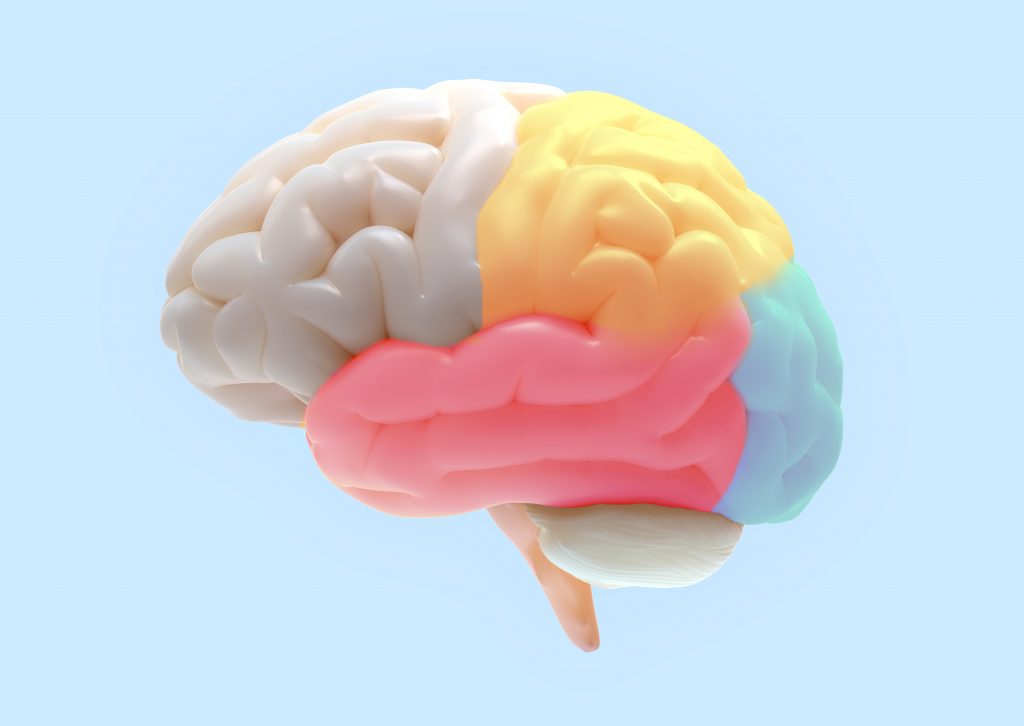New Alzheimer’s Treatments May Target Brain Aging

An important part of educating the public about Alzheimer’s disease is making the distinction between normal brain aging and dementia. Now, researchers are tying the two back together with new investigations of how Alzheimer’s may be treated by targeting the aging brain itself. This novel approach may lead to more effective therapies in the near future.
Alzheimer’s and Brain Aging
Normal brain aging does not include dementia. This important fact is often misunderstood among the general public, and so it is given a lot of emphasis in educational materials. While some cognitive impairments (mild memory loss, for example) can be expected during advanced aging, they are nowhere near the frequency or severity of the symptoms associated with Alzheimer’s disease and other forms of dementia. A self-assessment tool like the BrainTest® app can help detect the abnormal cognitive decline associated with Alzheimer’s disease without raising alarms about the signs of normal aging.
Despite the clear difference between normal brain aging and dementia, we must be careful not to completely discount the relationship between the two. As most of us are aware, Alzheimer’s disease and most other forms of dementia are directly related to age. There is a drastic increase in susceptibility to the development of such conditions that comes with advanced aging. By learning more about this connection, scientists hope to develop an effective treatment for Alzheimer’s that addresses the effects of biological aging on the brain instead of the disease itself.
Current Understanding

Image via Pixabay
The theoretical relationship between Alzheimer’s disease and normal brain aging is fairly easy to follow. Advanced aging (about 60 years old and onward) brings about many physical changes in the brain, some of which place us at a higher risk of developing an age-related disease like Alzheimer’s. Researchers have identified several age-related biological changes that appear to be associated with the development of Alzheimer’s disease, including three primary suspects:
1. Systemic Inflammation
The entire body tends to experience a mild but chronic form of inflammation with advanced age. This includes inflammation in the brain, which is also called neuroinflammation. Scientists believe that certain aspects of neuroinflammation may contribute to the formation of Alzheimer’s disease and types of dementia, but the exact nature of the relationship is still being studied.
2. Impaired Autophagy
Autophagy is the process in which specialized immune cells break down and eliminate (or recycle) biological materials like proteins, fats, and other cells within the body. With advanced age, autophagy becomes less effective, and this impairment may be (at least, in part) responsible for the accumulation of misfolded proteins in the brains of Alzheimer’s patients.
3. Vascular Dysfunction
The vascular system is comprised of veins, arteries, and other vessels that carry blood and lymph throughout the body. Vascular diseases are associated with aging, and vascular deterioration has been strongly linked to cognitive decline. Alzheimer’s disease may be supported or worsened by impairments of the blood-brain barrier, which is an important part of the vascular system.
Potential Advancements
Focusing on the negative biological effects of aging (like vascular dysfunction and neuroinflammation) could lead to a better understanding of how they contribute to the formation of Alzheimer’s disease and other age-related conditions. Given time, Alzheimer’s researchers will ideally have the opportunity to develop more effective means of diagnosing, treating, and possibly even preventing the disease by identifying and reducing the impact of biological aging on the brain.
